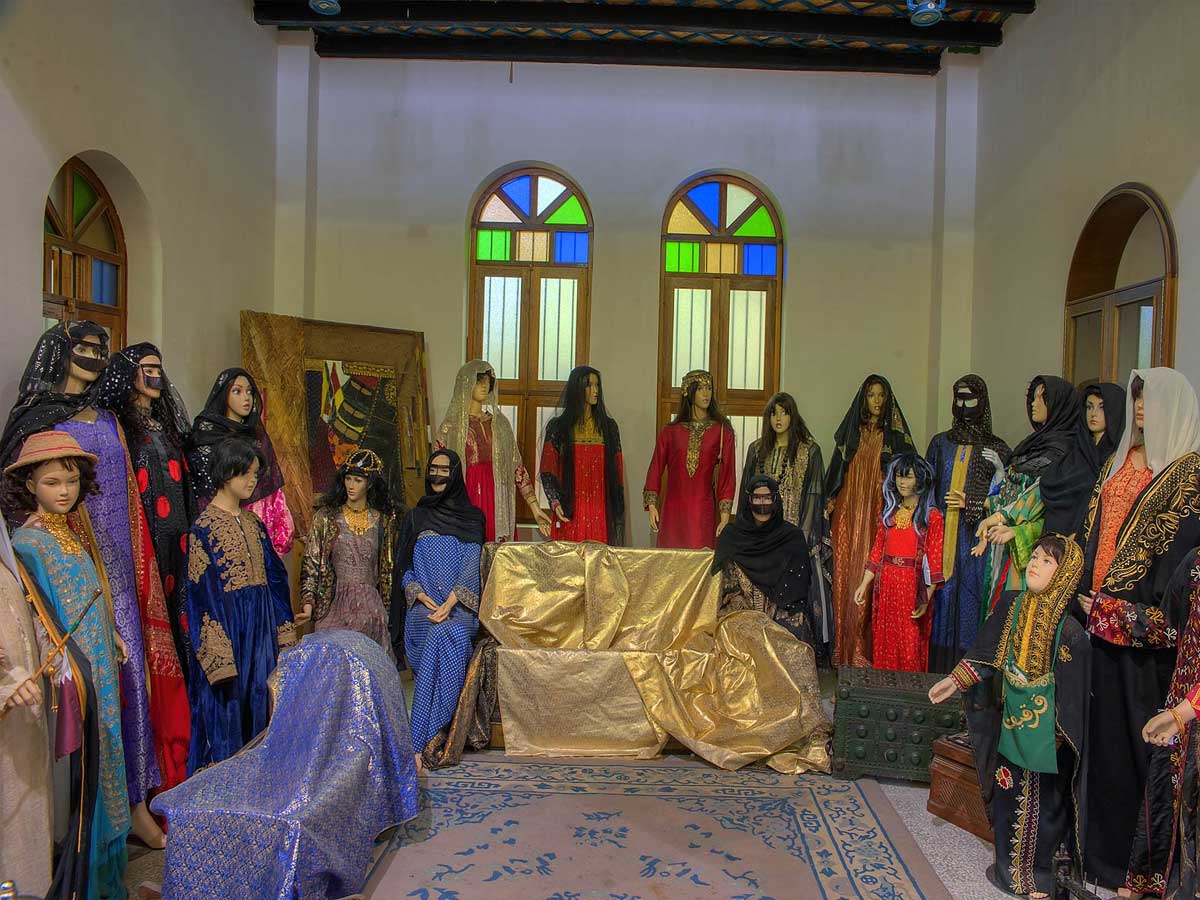卡塔尔, 阿拉伯湾一个小而繁荣的国家, 过去几十年社会面貌发生了重大变化. 这些转变的核心是不断发展的性别角色,反映了传统伊斯兰价值观和现代化的影响. 本文探讨了在卡塔里社会中性别角色的历史背景, 检查当前趋势, 并突出了正在进行的转变,这些转变正在塑造当代卡塔尔的男人和女人的角色.
历史背景
历史上, 卡塔里社会受到贝都因传统和伊斯兰教义的影响. 在传统环境中, 性别角色明显定义, 男人通常担任家庭的养家糊口和保护者, 妇女主要负责家庭职责和育儿. 这个分裂源于游牧生活方式的经济现实, 男人从事钓鱼, 珍珠潜水, 和贸易, 妇女管理家庭并支持家人.
1.父权制结构: 卡塔里社会传统上是在父权制框架内运作的, 男性权威人物对家庭决策和经济事务具有重要的权力. 强调男性领导力和女性屈服的文化规范增强了这种动态.
2.教育和就业: 在过去, 妇女获得教育和就业的机会有限. 女孩的教育尚未优先考虑, 预计许多妇女将履行国内角色,而无需寻求正规就业或高等教育. 然而, 在20世纪中叶的石油发现为卡塔尔带来了经济繁荣, 导致对教育的投资增加以及妇女逐步融入劳动力.
性别角色的现代转变
随着卡塔尔继续现代化, 性别角色的重大转变正在出现, 由经济发展驱动, 政府倡议, 和改变社会态度.
1.教育和授权: 卡塔里政府将教育作为赋予其公民权力的手段优先考虑, 特别强调妇女教育. 今天, 卡塔尔的妇女享有高水平的识字能力和获得高等教育的机会. 根据卡塔尔国家发展战略, 大学的女性入学人数超过了男性, 表明向更大的女性参与教育的转变.
2.劳动力参与: 近年来,进入劳动力的女性人数急剧增加. 传统期望仍然影响某些领域, 现在,许多妇女在各个领域从事职业, 包括医疗保健, 教育, 法律, 和业务. 政府提出了旨在促进工作场所性别平等的政策, 包括支持女性企业家并鼓励她们参与领导职务的举措.
3.领导职位: 卡塔尔的妇女越来越多地在公共部门和私营部门担任领导职务. 值得注意的数字, 例如Sheikha Al Mayassa Bint Hamad Al Thani, 谁主持卡塔尔博物馆管理局, 为后代的女性领导人铺平了道路. 妇女在决策角色中的代表性反映了她们对社会和经济的贡献的广泛认识.
4.平衡传统与现代性: 尽管有这些进步, 许多卡塔里妇女在平衡传统期望与现代愿望方面面临挑战. 文化规范仍影响对性别角色的看法, 妇女可能会遇到社会压力以优先于职业野心. 维持文化价值与追求个人目标之间的谈判仍然是卡塔尔许多妇女生活的复杂方面.
性别角色在家庭动态中
1.家庭结构: 在传统的卡塔里家庭, 从历史上看,男人一直是家庭决定的主要权威. 然而, 随着妇女的教育和劳动力参与的增加, 家庭动态正在发展. 现在,许多夫妇更公平地分担责任, 妇女在财务决策和家庭管理中扮演着积极的角色.
2.婚姻和父母: 婚姻和家庭生活仍然是卡塔里社会的核心. 传统上, 安排的婚姻很普遍, 但是现代夫妇越来越选择爱情婚姻, 反映对浪漫关系的态度不断变化. 妇女在选择伴侣和谈判婚姻条款方面也获得了更大的代理.
3.父母的角色: 父亲的角色也在改变. 卡塔里父亲越来越多地参与育儿和家庭责任, 为更平衡的家庭动态做出贡献. 这种转变表明了家庭单位共享育儿和协作的更广泛的趋势.
挑战和障碍
而进度很明显, 一些挑战继续影响卡塔里社会的性别角色:
1.文化抵抗: 社会的某些部分仍然抵抗妇女不断变化的角色. 传统主义者可能认为妇女不断增加对劳动力和公共生活的参与是对文化规范和价值观的威胁. 这种抵抗可以在社会污名或对追求职业的妇女的歧视中表现出来.
2.工作场所挑战: 卡塔尔的妇女可能会在工作场所遇到障碍, 包括性别偏见, 进步机会有限, 和工作场所骚扰. 解决这些问题对于建立公平的工作环境至关重要,以支持女性的职业愿望.
3.平衡行为: 许多妇女发现自己在平衡专业野心与家族期望的复杂性. 符合传统角色的压力会导致在实现工作与生活平衡方面的压力和挑战.
政府倡议和支持
卡塔里政府认识到性别平等在促进社会和经济发展中的重要性. 已经实施了几项倡议,以支持妇女赋权并促进性别平等:
1.国家发展策略: 卡塔尔民族愿景 2030 强调性别平等和妇女参与各个部门的重要性. 政府为妇女的就业和领导职务的代表设定了具体目标.
2.支持女企业家: 已经建立了各种计划来支持女企业家, 提供资金访问, 训练, 和指导. 像卡塔尔商业妇女协会这样的组织旨在增强妇女的企业能力并为女性企业家创建网络.
3.意识运动: 政府和民间社会组织通过运动和教育计划积极促进对性别平等问题的认识. 这些举措旨在挑战刻板印象并促进对性别角色的更具包容性的理解.
卡塔尔性别角色的未来
随着卡塔尔继续发展, 性别角色的未来仍然是讨论和探索的话题. The interplay between tradition and modernity will shape the experiences of men and women in society.
1.新兴的声音: 年轻的卡塔里妇女越来越多地表达自己的愿望,并提倡自己的权利. 社交媒体平台已成为提高对性别问题的认识并促进妇女赋权的对话的强大工具.
2.包容性政策: 继续努力实施包容性政策和实践对于确保性别平等不仅是目标至关重要,而且是卡塔里社会的现实. 吸引男人作为盟友促进性别平等也是培养协作和尊重文化的必要.
3.文化适应: 随着卡塔里社会适应现代影响, 性别角色可能会继续发展. 面临的挑战是在维护文化遗产和拥抱新的成长和发展机会之间找到平衡.
结论
卡塔里社会的性别角色正在发生重大的转变, 反映传统与现代性之间的动态相互作用. 传统期望继续影响性别动态, 妇女在教育中的兴起, 劳动力, 领导地位表示向更大平等的转变. As Qatar navigates these changes, 正在进行的应对挑战和促进包容性的努力对于建立一个重视和赋予其所有成员权力的社会至关重要. 性别角色在卡塔尔的演变不仅反映了进步.

卡塔尔的传统和文化令人着迷地融合了古代贝都因人的遗产, 伊斯兰教信仰, 充满活力的社区精神吸引您亲自探索和体验.
版权 2024 © 卡塔尔文化版权所有